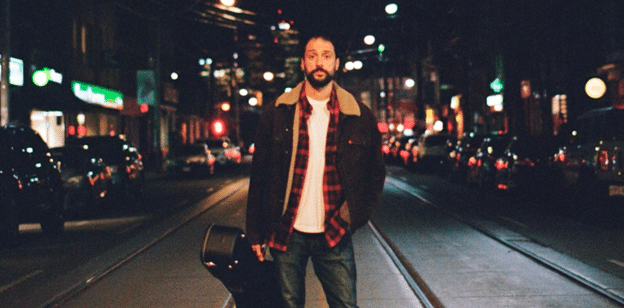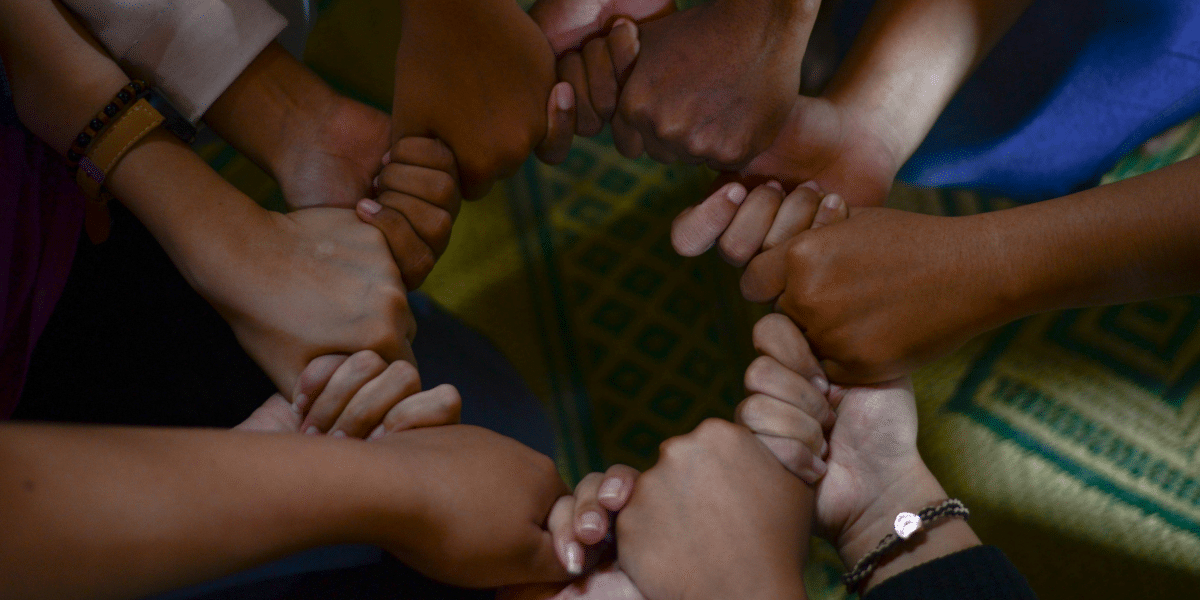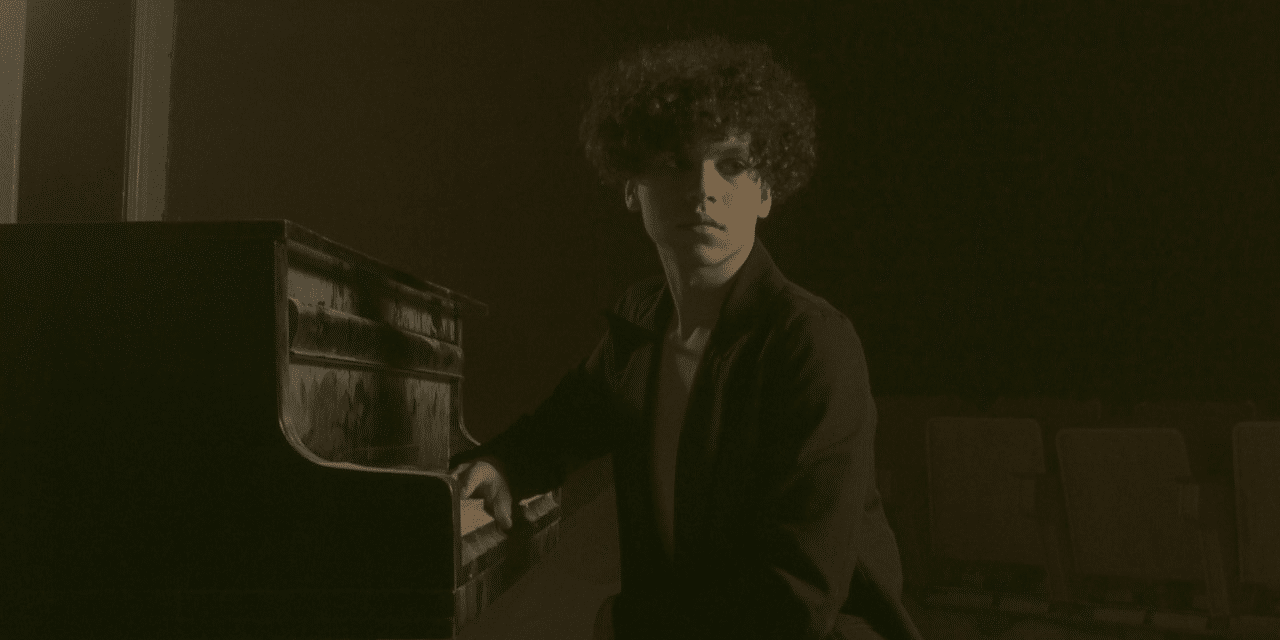Musician Cody Ellis has triumphed over tragedy, using music as a powerful tool for healing and personal growth. The young artist’s life took a tragic turn when his older brother Dylan, with whom he shared a dream of making music professionally, was brutally murdered in Toronto. While the loss was incredibly difficult for Cody, it also became a catalyst for a profound spiritual and emotional journey, during which he found solace and strength in his music, particularly through playing the guitar.
Born on January 12, 1987, in Northern Virginia, Cody Ellis had a turbulent start in life, with his father becoming a fugitive and leaving the family when he was only one year old. At the age of five, Cody’s mother made the courageous decision to move their family to Toronto, Canada, seeking a fresh start. Raised by his mother and stepfather in a beautiful part of the city, Cody was fortunate to be surrounded by a tight-knit group of friends.
From an early age, music played a significant role in Cody’s life, and he was exposed to a wealth of great musical influences. He reminisces, “I grew up inundated with all the great music that came before me. Some of my earliest memories involve music giants like BB King singing ‘When Love Came to Town’ or the iconic opening riff of Hendrix’s ‘Voodoo Child (slight return).'”
As he entered his adolescence, Cody’s musical journey expanded further, and he fell in love with HipHop from the 90s. He spent countless hours digging through album crates at local record stores, where he developed a deep appreciation for the old soul, jazz, and funk samples that laid the foundation for the classic hip-hop era.
It was a pivotal moment at the age of 17 when Cody’s older brother Dylan introduced him to a Lightnin’ Hopkins record. This introduction to the Blues was a transformative experience that left an indelible mark on Cody’s musical path. He became captivated by the sounds of Howlin’ Wolf, Elmore James, Muddy Waters, Sonny Boy Williamson, John Lee Hooker, and many other Blues legends. The Blues, with its raw emotion and soulful expression, resonated deeply with Cody, ultimately leading him to explore other great American music genres like Folk, Country, Jazz, and Rock n Roll.
“Cody’s musical journey is a testament to the power of music to connect with our deepest emotions and experiences. His exploration of various genres showcases his versatility and authenticity as an artist,” says music historian Mark Stevens.
Inspired by his brother Dylan’s encouragement, Cody picked up a guitar at the age of 18 and dedicated himself wholeheartedly to mastering the instrument. He and Dylan practiced and played together, eventually forming their own band with a shared dream of making music professionally.
Tragically, just after their first gig as a group, Dylan’s life was cut short in a senseless act of violence. The loss was devastating for Cody, and the years following his brother’s death were fraught with immense pain and sorrow.
“Cody’s pain during that time was palpable. Losing a loved one is never easy, and the tragedy he experienced is a profound test of resilience,” says music therapist Sarah Mitchell.
However, Cody turned to music as a powerful coping mechanism, finding comfort and release through playing the guitar. Music became a therapeutic outlet for his emotions, providing a safe space to process his grief and find healing.
“Music has the unique ability to tap into our emotions and allow us to express what words cannot. Cody’s journey is a testament to the healing power of music,” says Dr. Emily Johnson, a psychologist.
Cody’s healing journey was one of deep spiritual and personal growth. He transformed the pain and hardship of losing his brother into a catalyst for creativity and self-discovery. Music became his anchor, guiding him through the darkest times and leading him to a place of strength and resilience.
“I channeled my emotions into my music, using it as a way to navigate through the difficult times. It was during this period that I truly began to understand the transformative power of music,” says Cody Ellis.
In the wake of his brother’s death, Cody also found an opportunity for reconnection with his father and oldest brother. These relationships became invaluable sources of support and comfort during his healing process.
Following the dissolution of his former band, Cody redirected his musical focus towards songwriting. For years, he compiled his heartfelt compositions, keeping them private. However, when the world shut down in 2020 due to the pandemic, Cody saw an opportunity to share his deeply personal and emotional songs with the public.
With the help of his childhood friend, Cody released his debut album, “Good Medicine,” in 2021. The album’s soulful and introspective songwriting resonated with audiences, touching on themes of love, heartache, hope, addiction, and the transformative power of overcoming life’s challenges.
“Cody’s debut album is a moving testament to the human experience, offering a glimpse into his personal journey of healing and growth,” says music journalist Jack Thompson.
As evident in much of Cody’s music, he delves into both the dark and light aspects of life, reflecting his intimate knowledge of the human condition. His songs offer a sense of hope and encouragement to listeners, motivating them to embrace their own unique paths of healing and growth.
“I hope my music can be a source of inspiration and comfort to others, reminding them that there is strength to be found even in the darkest times,” says Cody Ellis.
Cody’s transformative musical journey continues with his upcoming sophomore album, “Love, and the Lack Thereof,” set to be released later this year. The album promises to delve even deeper into the human experience, offering insight and inspiration to audiences worldwide.
Discover Cody Ellis and his music on Spotify or follow him on Instagram.
















